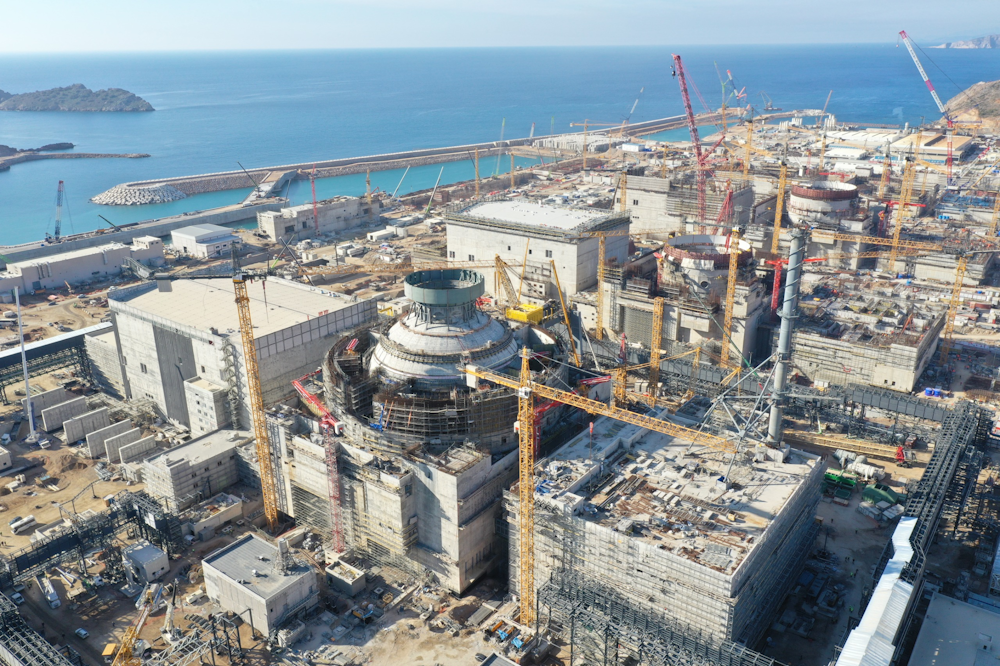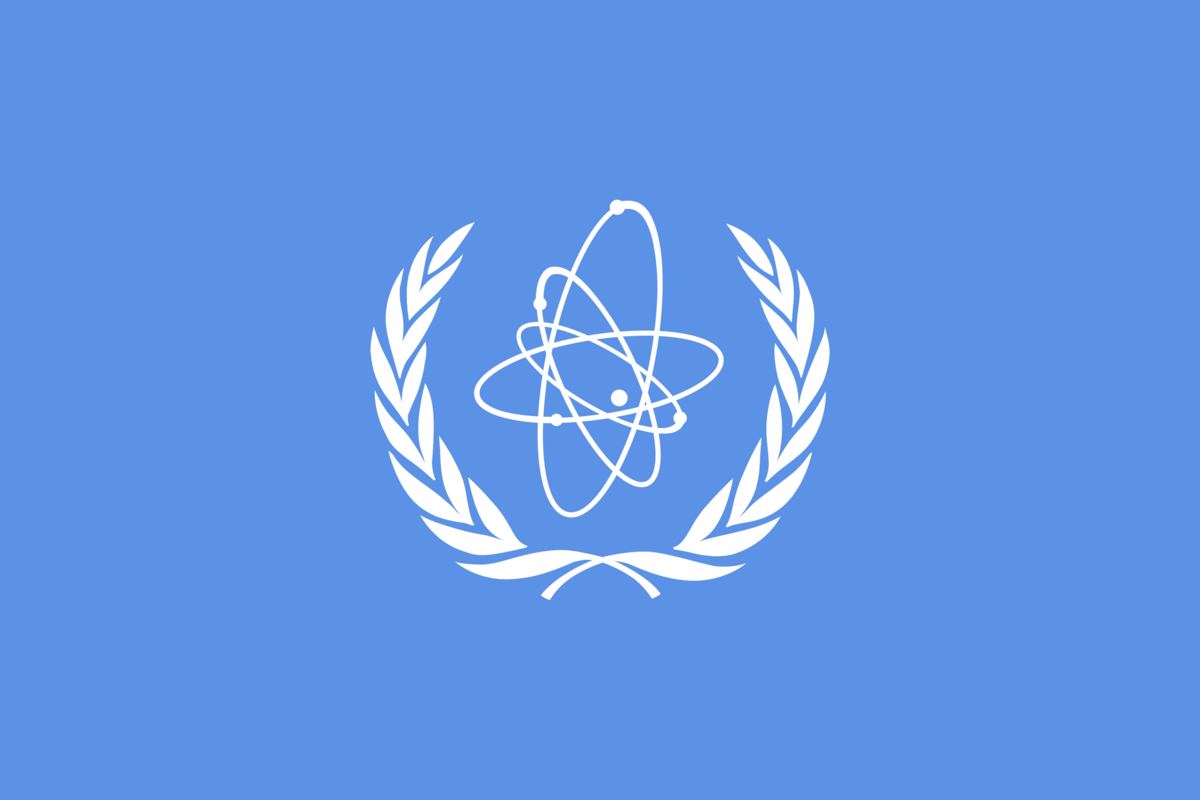Expanding Nuclear Power: Netherlands' Energy Independence Initiative
The fact that the Borssele nuclear power plant will remain open longer was already known. Now, PVV, VVD, NSC, and BBB want to build four additional nuclear power plants. A full power grid and a significant price tag may pose obstacles.
With the new agreement, the coalition parties aim to focus on energy independence. They believe that the Netherlands should not rely on importing energy from "unreliable countries"—such as Russian gas—and should produce its own energy wherever possible.
How? By investing in gas extraction in the North Sea and technologies such as green hydrogen, but especially more nuclear energy. Nuclear energy is the heat released when the atomic nuclei of uranium are split in a reactor. It is CO2-free, but it does produce radioactive waste during production.
Nuclear energy is somewhat controversial, with some seeing it as "necessary" and others calling it a "nuclear fantasy." Proponents often highlight the large capacity and stability of nuclear energy; opponents are concerned about the storage of nuclear waste and the high costs.
However, nuclear energy is becoming less contentious. In the Netherlands, a growing share of adults believes that more nuclear energy is needed. In 2023, 36 percent held this view, compared to 25 percent in 2020, according to a population survey by statistics agency CBS.
Location Dependent on Support, Power Grid, and Environmental Impact
Currently, the Netherlands has one nuclear power plant, located in the industrial area of Borssele, Zeeland. According to the law, this plant should close in December 2033, when it celebrates its sixtieth anniversary.
The new coalition wants to keep the Borssele plant open longer, as stated in the agreement. The previous cabinet also had this intention, and a process is already underway to amend the legislation, allowing the plant to remain operational for several more years.
Borssele is also the preferred location for the construction of new nuclear power plants. The previous cabinet planned for two new plants there, but PVV, VVD, NSC, and BBB now want four. Besides Borssele, Maasvlakte is also being considered as a location. The final sites will depend on studies of environmental impact, the power grid, and local support.
Earlier this year, grid operator TenneT conducted a study on the integration possibilities of the current grid. The study revealed that there is no room on the current grid for two new plants at either location—let alone four. This would only be possible if the new cabinet makes significant investments in the grid. The coalition agreement states that solving these issues will be a priority.
Two British Nuclear Plants Cost 54 Billion Euros
The coalition wants to allocate an additional 9.5 billion euros for the construction of new plants by 2035. The Climate Fund—maintained in the coalition agreement—already had 4.5 billion euros reserved.
However, a nuclear power plant costs much more than 14 billion euros. Experts compare it to the two nuclear plants at Hinkley Point in the UK, which cost 54 billion euros. "It remains to be seen which party, besides the government, will invest billions in new nuclear plants in the Netherlands," nuclear energy expert and atomic physicist Wim Turkenburg told NU.nl. According to him, Dutch energy companies do not have that kind of money.
The coalition agreement's appendix also states that government investments will begin only after 2027. Turkenburg: "That makes sense; it takes years of preparation before construction can start." Thus, future cabinets will bear most of the costs.
Opportunities for Small Nuclear Plants
The parties also see potential in small nuclear plants: small modular reactors (SMRs). However, these are still in development. According to energy advisor Ruut Schalij, SMRs can indeed be beneficial, as they can be built more quickly and placed in multiple locations in the near future.
"But it will take years before they are cheaper," says Schalij, who researched nuclear energy for the Ministry of Economic Affairs and Climate Policy. Schalij believes that market players may be willing to invest if the government commits 14 billion euros to new nuclear plants.
The Netherlands will not have several new nuclear plants overnight. Even once construction starts, it will take at least ten years before they can deliver power. This will be too late for the 2030 climate goals.



.jpg)


